Not Followers of Knowledge Created by Others: A Curriculum for Developing Innovators of Knowledge
Nestled in a quiet corner near the bustling Omotesando Crossing in Tokyo, the Graduate School of Social Design Studies stands as a modern architectural landmark. Established as a professional graduate school, it nurtures experts in three fields—Communication Design, Practical Education, and Social Design. Since its founding, the school has focused on adult learners, consistently providing education that integrates theory and practice to cultivate individuals capable of driving transformation within society and organizations.
Many of GARDE’s business initiatives are realized through contributions to social and business design, making education and talent development in this area particularly vital.
On this occasion, we spoke with Professor Ryuji Kawayama, Provost and Dean of the Graduate School of Practical Education, who also guided us through the campus.
In the next section, we will introduce the distinctive approach to Recurrent Education offered by the Graduate School of Social Design Studies.
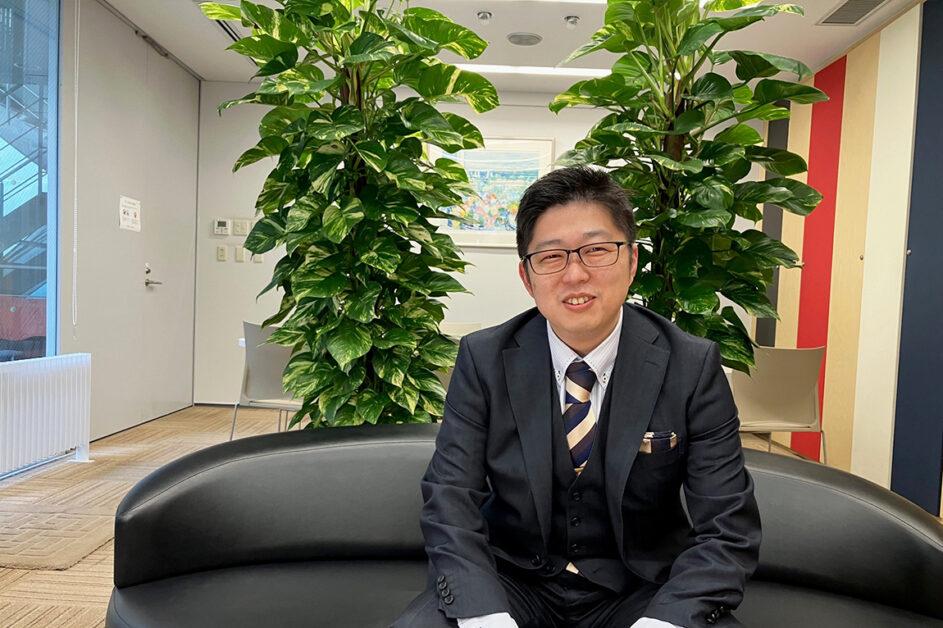 Professor Ryuji Kawayama, Provost and Dean of the Graduate School of Practical Education, Graduate School of Social Design Studies
Professor Ryuji Kawayama, Provost and Dean of the Graduate School of Practical Education, Graduate School of Social Design Studies
Recurrent Education refers to lifelong learning that continues even after completing formal schooling. At this graduate school, students not only study “theory,” as one would at a typical business school, but also pursue research themes through “practice,” similar to seminar activities commonly conducted in graduate programs. In addition, by linking learning with local communities, the program cultivates not mere “followers” who simply absorb the accumulated knowledge of predecessors, but “leaders and creators” who are able to generate new knowledge themselves.
Furthermore, the school is currently the only graduate institution in Japan where it is possible to earn a qualification as a Certified Social Educator (Shakai Kyōikus hi).
Through a diverse curriculum offered primarily online, students can learn alongside peers from across Japan—from Hokkaido to Okinawa—while also having the option to study offline at the Omotesando campus and other locations nationwide.
The degrees that can be earned include:
- Master of Social Design Studies (Professional)
- Master of Communication Design (Professional)
- Master of Practical Education (Professional)
Exterior Design and Campus Art, Watched Over by a Sacred Tree
Finally, we present images of the exterior design, the artworks placed throughout the campus, and the sacred tree on the grounds that stands as a symbolic presence.
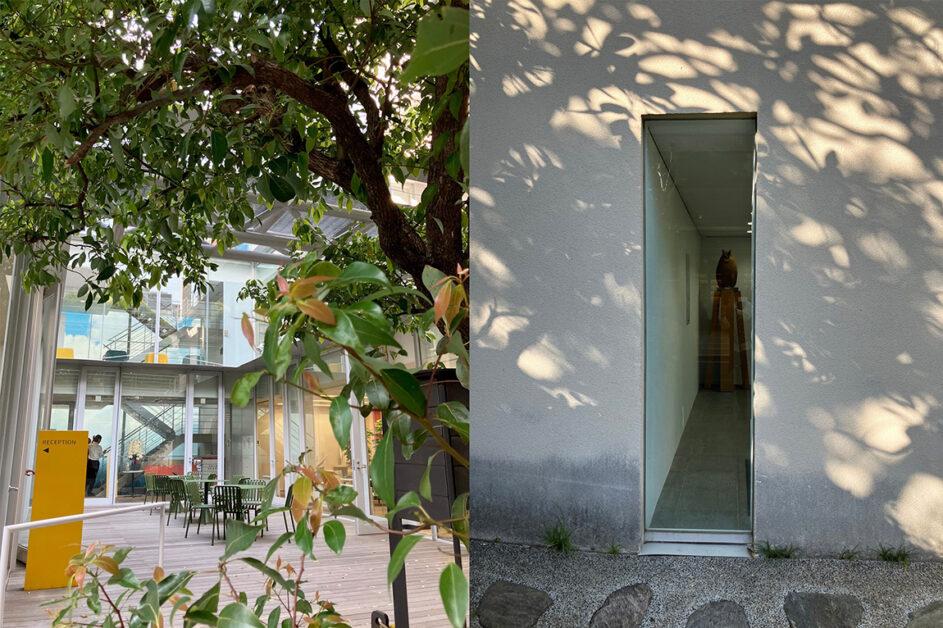 A distinctive aesthetic that combines a minimalist exterior structure based on straight lines with a variety of organic elements.
A distinctive aesthetic that combines a minimalist exterior structure based on straight lines with a variety of organic elements.
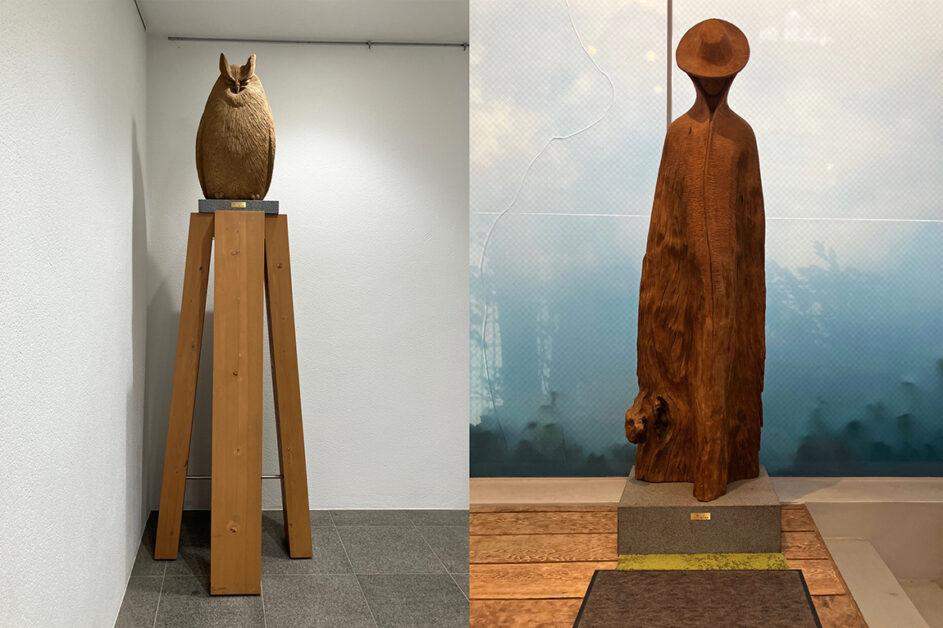 Artworks are displayed in the common areas, creating an atmosphere reminiscent of a contemporary art gallery.
Artworks are displayed in the common areas, creating an atmosphere reminiscent of a contemporary art gallery.
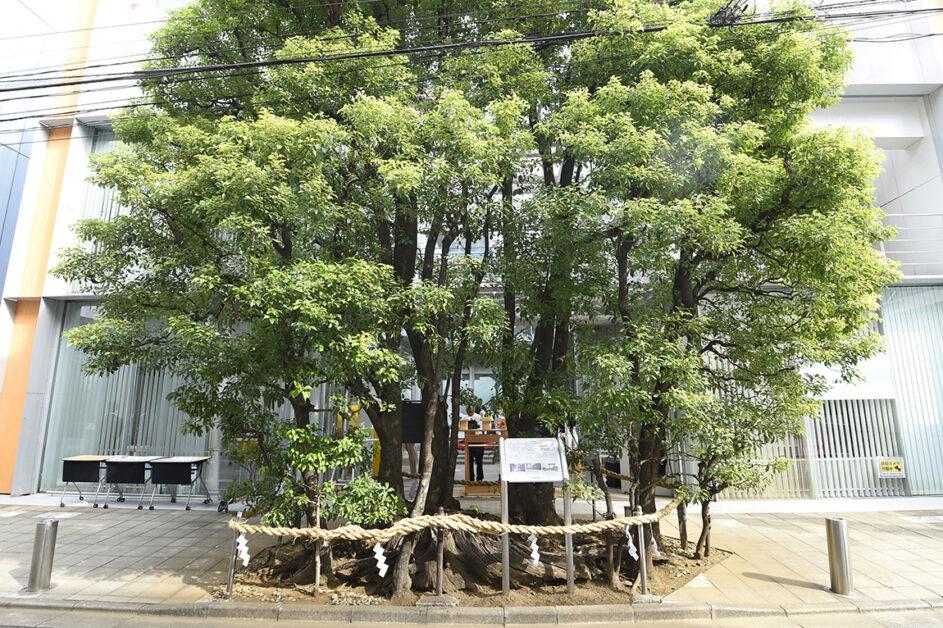 A Campus Designed to Embrace the Symbolic Sacred Tree
A Campus Designed to Embrace the Symbolic Sacred Tree
The school buildings are arranged around the symbolic sacred tree, which sits in quiet dignity at the heart of the campus.
On Saturday, October 4, and Sunday, October 5, the Graduate School of Social Design Studies will host its Open Campus. In addition to a campus tour, visitors will have the opportunity to experience hybrid-style classes and join roundtable discussions with current students to get a firsthand sense of life at a graduate school for working professionals.
For more details, please visit the following links:
Graduate School of Social Design Studies Official Website: https://www.socialdesign.ac.jp/
Open Campus 2025: https://lp.socialdesign.ac.jp/opencampus_2025
GARDE Official Website: https://www.garde-intl.com/
GARDE Design Magazine: https://www.gardedesignmagazine.com/

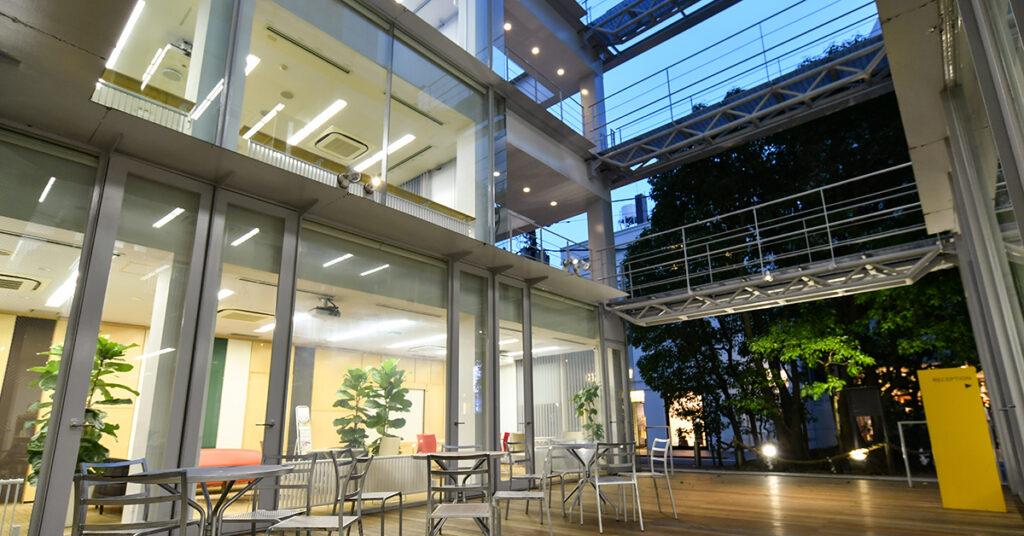
Pingback: Tax Negotiation phuket
Pingback: webslot